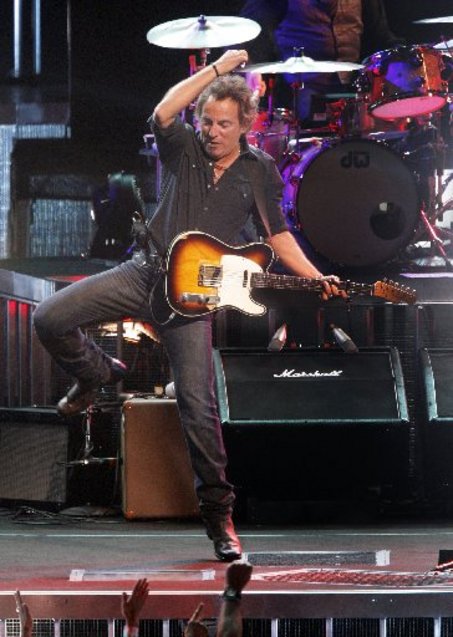Recently, one of my co-conspirators put up a blog post about how the discovery of some really old scotch transported by Shackelton's expedition in Antarctica really doesn't matter a whole lot. To quote the poignant part of the article:
The Liquor itself has no historical importance, besides being liquor that isn't made anymore that was the drink of choice for a great explorer. He brought it with him to drink it. What's the point of leaving it? Would there be any difference If we just filled the bottles back up with wild turkey, and split the original liquor between the modern relatives of shackletons team, The modern explorers who uncovered it, and the scotch maker who will try to replicate it? It would be a serene moment for all of them, and the shackletons Scotch Whisky tale would have a great ending.Mind you, the scotch that's been sitting there hasn't gotten any better (or worse, for that matter) sitting in the Antarctic ice, so it's not like you can taste the nutty texture or whatever scotch pricks like to wax poetic about when they're swirling the single malt in their flute glasses. It tastes the same as it did back then. What's so special about it is the association we have with the scotch. Hell, it doesn't matter if it's scotch. He could've carried with him a case of Natty Boh and if we found it now, we'd be oohing and aahing over it the same.
| Delicious Natty Boh. |
What matters really is the meaning we've associated with the item in question. Sure it's a rare recipe, but in the end, all it is really is just really old scotch. Nothing more, nothing less. What adds value are the associations assigned to the scotch. Attached to it is the name "Shackelton." If we added the cachet of somewhat less famous people, it would just be really old scotch that wouldn't get the deference of a holy relic.
And this is why sometimes trying to incorporate material history is so difficult. (See? I eventually brought this back to academic matters.) Things are inherently meaningless. For example, someone might have an heirloom ring that might not be worth more than maybe $100 at best in the open market. Yet to someone who knows the "inherent" "meaning" of the ring, it's worth can't be expressed with all the zeros in the world. Or perhaps someone has a ratty old shirt they consider lucky. Someone else might think the shirt would be better off used as a rag. Things only have the significance given to them by regular human beings. Any time a curator sticks something in a display at a museum, he or she is stating, "This is important and significant." Before then, it was just some old junk sitting around in storage.
So take a look around you. That crusty old plate that you've been eating your Chef Boyardee meals off of or the half finished bottle of Steel Reserve might one day be historically significant. At least to someone.



